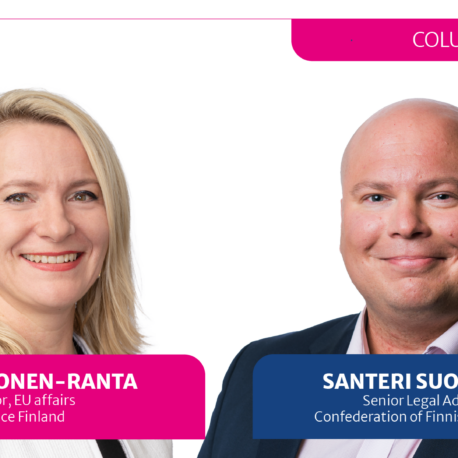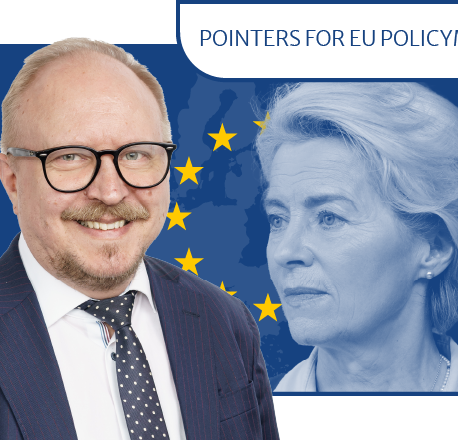
Promoting retail investment and creating better opportunities for everyone to accumulate wealth are among the hottest topics in finance today. The aims are shared both by the Finnish government – at least in soapbox speeches – and the many institutions of the European Union. Social media influencers and podcasts encouraging their audience to take up investing have been springing up like mushrooms. Financial sector companies have also worked hard to promote retail investment: they have expanded their range of investment products to cater to every taste and sought to make investing easy and effortless also for beginners. Finns’ increasing interest in investment has mirrored the trend.
The investment boom is growing fast. But growing at least just as fast is the tidal wave of investor protection regulation from the EU. At what point is too much simply too much?
======
Shouldn’t a massive amount of regulation
guarantee good investor protection?
======
Adequate investor protection is one of the prerequisites of a well-functioning market. Retail investors – regular people like you and me – want to make informed decisions about which products to invest in. Well-designed and appropriately scaled investor protection thus benefits both the market and the investors. Shouldn’t the snowballing volume of regulation then guarantee good investor protection?
Essential information on the risks, costs and characteristics of investment products is a vital element of investor protection. Ensuring the provision of key investment information has therefore received much attention in the EU in recent years.
One of the main problems with current investor protection regulation is the scale and level of detail at which it specifies the information that must be provided. Increasing focus on the sustainability of investments has only increased the amount of regulation and obligatory information. Although the purpose of this additional regulation is good – providing investors with the information they need to take ESG-related issues into account – it adds to the already considerable amount of information retail investors need to plough through when making investment decisions.
======
Can we really improve investor protection
by overwhelming retail investors with information?
======
Ordinary retail investors may not have the time or the experience to sort through the large amount of jargon-heavy information to find everything they need to support their investment decisions. In fact, excessive information has been found to weaken customers’ trust in the entire system and to reduce their interest in investment. The good intentions of the regulation seem to be backfiring.
Focus should not be on quantity but quality: regulation must pay much greater attention to the clarity and readability of the information provided to investors. Instead of expanding disclosure regulation, it must be compacted and harmonised so that customers can make genuinely informed decisions and choose the investment products that are the best fit for them.
At what point does well-intended regulation turn into an obstacle and a burden? Perhaps when quantity surpasses quality. This is something Brussels policymakers would be wise to keep in mind when they are reviewing the investor protection framework. Because although it’s better to ask the way than go astray, you can lose yourself under a mountain of documentation. Or if not your actual self, at least your interest in comparing products and making investments that would improve your financial security.
Still have questions?
|Contact the columnist
Looking for more?
Other articles on the topic

Less than a third of Finns believe they can live on statutory pension alone – Chair of Finance Finland’s Board Sara Mella: Pension saving also supports economic growth

The EU needs to build a more favourable investment climate

European financial sector: The Commission’s objective to streamline regulation is good – the same approach must be applied in the Retail Investment Strategy

Europe needs retail saving, investing and opportunities for wealth creation – Finland is undermining voluntary pension saving


